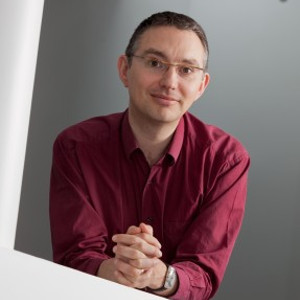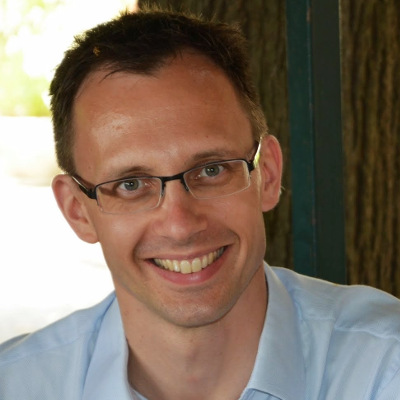The 'AI Chairs' aim to offer researchers substantial resources to build a team and carry out an ambitious project whose visible impact is expected.
Research and Teaching chairs in artificial intelligence
A multi-year program of 40 Chairs in Artificial Intelligence is one of the measures under this research component, which was presented on November 2018 by the Minister of Higher Education, Research and Innovation and the Secretary of State for Digital Technology.
The national program for AI aims to ensure that the best talents choose to settle permanently in France and can, in turn, train future generations of AI researchers and professionals in jobs that remain largely to be imagined.
The call for "Research and Teaching chairs in Artificial Intelligence (AI Chairs)" aims precisely to offer French and foreign researchers, with the support of host institutions, substantial resources to build a team and carry out an ambitious project whose visible impact is expected.
These AI research and teaching chairs must be outside the 3IA institutes, and coherently integrated into the hosting laboratories. They must actively participate in the actions of the national AI research network coordinated by Inria.
Allegro Assai
The objective of the AllegroAssai AI chair (Algorithms, Approximations, Sparsity and Sketching for AI) is to develop a theoretical understanding of the fundamental tradeoffs between utility, efficiency and trustworthiness when learning from massive data streams, as well as the algorithms and software needed to substantially improve the resource-efficiency of machine learning. Thanks to its industrial partnerships, the chair will conduct concrete case studies, in particular for autonomous vehicles, which sensors generate data streams reaching up to terabytes a day. The dynamics of this chair will gather at ENS de Lyon a team with complementary profiles in computer science, applied mathematics and signal processing.
Rémi Gribonval

Rémi Gribonval is currently an Inria Senior Research Scientist in the DANTE team of LIP. He is the former scientific leader of the PANAMA research group on sparse audio processing at IRISA in Rennes.
His main research interests are: Mathematical aspects of signal processing & machine learning; Sparsity, nonlinear approximation, dictionaries; Inverse problems in audio signal processing; Source localization and separation; Compressive sensing; and Theory and algorithms for low-dimensional representations of high-dimensional data.
SeqALO
Seqalo (Sequential and Active Learning for Optimization) is a project in statistical learning theory, which aims to develop complexity theory for optimization. Whether for clinical trials, for recommendation engines or for parameter optimization of automatic learning algorithms, many problems require the maximization of a so-called "black box" function, whose noisy evaluations can be observed at a limited number of points of our choice. The complexity of this optimization problem is measured by the number of observations needed before being able to give, with a low risk, a good approximation of the maximum. Using sequential learning and information theory techniques, the Seqalo project aims to extend the preliminary results obtained on very specific cases in order to develop new optimization techniques and to show that they cannot be significantly improved.
Aurélien Garivier
 Aurélien Garivier is professor at ENS de Lyon, member of UMPA and associated to LIP.
Aurélien Garivier is professor at ENS de Lyon, member of UMPA and associated to LIP.
He is interested in interfaces between mathematics and computer science in general, and machine learning in particular. In learning theory, his main contributions concern sequential and active learning, including reinforcement learning. Recently, he has also turned his attention to the mathematical understanding of the potential of so-called "deep learning" methods, and he is leading a working group on this topic with other colleagues from UMPA, ICJ and LIP.






